Tehran lies at the base of snow-capped mountains, the sprawling city running like a river from the affluent north to the murky pool of sprawling southern suburbs.
In the south, where the poor live, the white Mitsubishi vans of the morality police trawl for victims: the woman whose headscarf is askew; the one who travels unsupervised, without a male chaperone.
In the gated compounds and luxury apartments of the north, where the government elite reside, the women dine on sushi in rooftop restaurants, their hair flowing free, new-season Gucci handbags at their side. The morality police dare not appear.
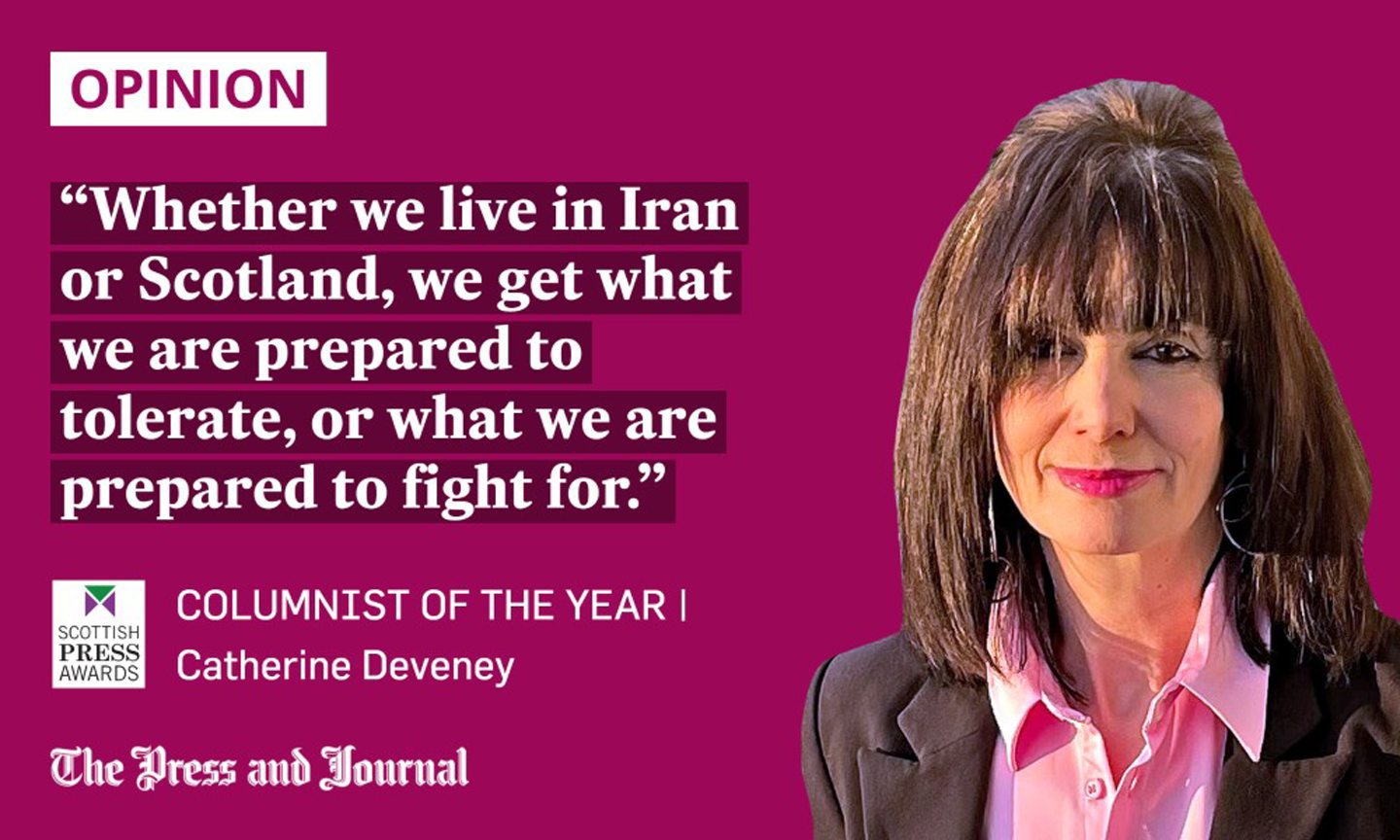
In that picture lies the reason for the growing Iranian rebellion: the sickening stench of injustice, of a polarised society where the powerless are repressed and the powerful create separate rules for themselves.
Following the murder of 22-year-old Mahsa Amini for wearing her headscarf “incorrectly”, the people of Iran have finally risen up in anger. Sad that there must be death for others to live, but there is something uplifting about the most significant political movement since the formation of the Islamic republic in 1979. Changed, changed utterly, as Yeats once wrote. A terrible beauty is born.
‘We are not scared’
There are two reasons why this rebellion stirs the heart. There is, of course, the obvious: as a woman, I empathise deeply with the subjugation of Iranian women, whose bodies have been a battleground for male religious and secular power for generations.
In the Shah’s reign in the 1920s and 1930s, women were involuntarily stripped of veils in an attempt to Westernise Iran. Photographs from 1978 show crowds of bareheaded, Westernised women. When Ayatollah Khomeini swept to power a year later, they were forced back into veils overnight. Cover. Uncover. We will tell you when you are acceptable.
Absolutely astonishing. It’s been just over 3 weeks after #MahsaAmini’s death, and young women are defiantly walking on the streets of Iran with no hijab.
Mahsa could never have imagined how her death become the voice of hope for a nation. pic.twitter.com/2raOz0Dy7U
— Shabnam Nasimi (@NasimiShabnam) October 11, 2022
So, seeing women – who constitute over 60% of Iranian graduates, but only around 25% of the workforce – attempting to take control of their own identities is powerful. But, there are two other reasons why this is an exciting time in Iran.
The first is the fact that the protests have been embraced in schools and universities. A younger generation is speaking. A generation who use social media both to see the rest of the world and to alert the rest of the world. “We are not scared,” one protester told CNN. “We are outraged… This is a one way road for us.”
Government is not ‘in charge’ of the people
The morality police take it upon themselves to tutor women in “modesty and chastity”, in a Garden of Eden-type assertion that women are responsible temptresses and men submissive victims. The irony of women’s lives in Iran is that they are simultaneously powerless and guilty.
But, the second reason this is uplifting is that Iranian protests demonstrate people power – and we can learn from that. Even in Western democracies, there is a bizarre notion that government is in charge of the people, rather than people in charge of the government.
Sarina Esmailzadeh, 16, beaten to death by Iranian security forces for protesting for women’s rights in Iran. Nika Shakarami, 16, killed after burning her headscarf in protest. Hadis Najafi, 23, shot multiple times during demonstrations sparked by the death of Mahsa Amini, 22, pic.twitter.com/rf087dCZkS
— DUA LIPA (@DUALIPA) October 8, 2022
Rulers are – or should be – time-limited public servants. Iranian commentators are suggesting that, for the first time, the government is battling with the reality of law enforcers siding with the people.
The Iranian government has tried to close down social media and public information, but they cannot hold back the world’s information tide. One female Iranian dissident, writing recently in a British newspaper, described the morality police attempting to arrest her, but being prevented by male motorists jumping from their cars and bikes to assist her.
The solidarity of men is crucial in the struggle for equality. The idea that Iranian men are no longer willing to accept the suppression of their wives, mothers and sisters is exhilarating.
Scotland has power to oppose unfairness
We sometimes think – somewhat smugly – that our lives are safeguarded by a very British form of democracy. Berlusconi type corruption? Italy, maybe, but not here.
Then, expenses scandals arise, and the Johnson and Arcuri story explodes, and an assortment of misconduct claims against politicians emerge in ways that suggest we are no different to those regimes we consider less ethical, less safe.
When people unite in opposition, justice can flourish
The prospect of Iranian people taking control in such difficult circumstances reminds us of our own power to oppose, an opposition that is building. A backlash against our own polarised country, eaten by division and injustice. A country where workers have refused to accept wage freezes for the poor and tax cuts for the rich, or economic “growth” for the already wealthy, built on the backs of the poor. Liz Truss is being reminded who is “in charge”.
I heard recently of an Iranian woman, confronted by the morality police, who screamed and screamed until a crowd gathered. The police left. Mahsa Amini’s mistake, the woman speculated, was probably submitting quietly. It seems like a metaphor. Those who shout together prevail.
When people unite in opposition, justice can flourish. Whether we live in Iran or Scotland, we get what we are prepared to tolerate, or what we are prepared to fight for – and, therefore, what we deserve.
Catherine Deveney is an award-winning investigative journalist, novelist and television presenter, and Scottish Newspaper Columnist of the Year 2022
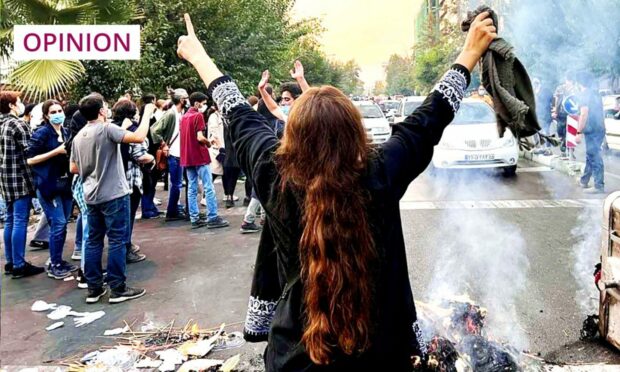

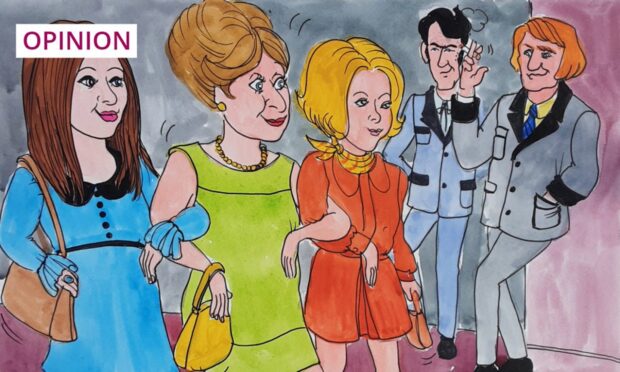
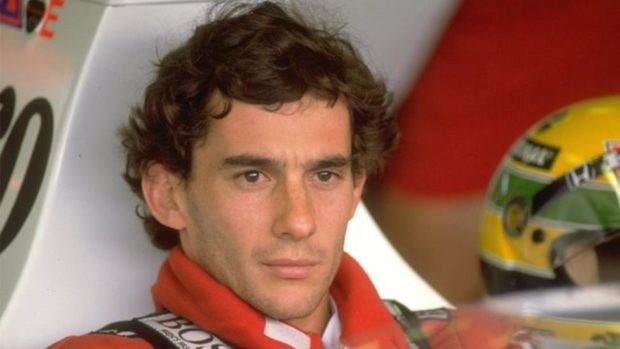

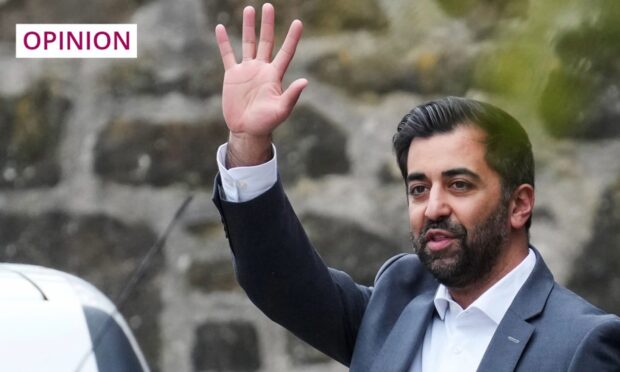
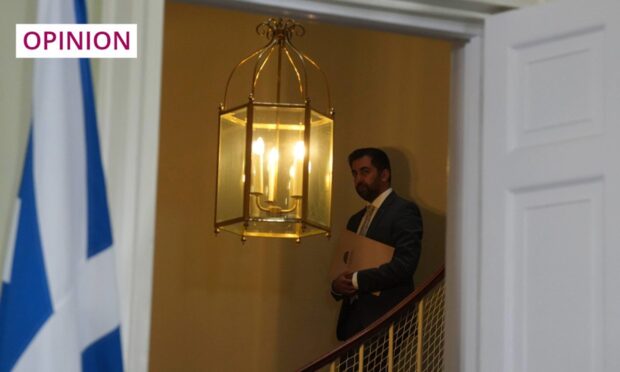





Conversation